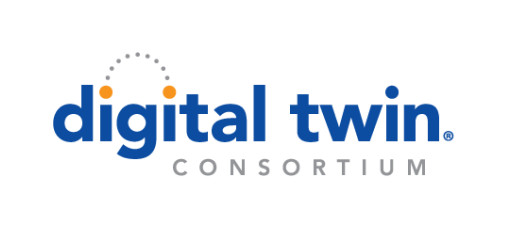Latest News Feed
Today, Digital Twin Consortium® (DTC) announced that members are developing and deploying Multi-agent GenAI Systems (MAGS) that are redefining the boundaries of how product design, services, and processes can be realized, born of efficiency and optimizations. Use cases include automotive, infrastructure, and manufacturing, where MAGS is utilized to drive significant productivity improvements, streamline operations, and maximize efficiency.
he Digital Twin Consortium (DTC) recently announced Version 1.1 of the Digital Twin Capabilities Periodic Table (CPT). This is an architecture- and technology-agnostic requirements definition framework for organisations that want to design, develop, deploy and operate digital twins based on use case capability requirements versus the features of technology solutions.
The CPT follows a periodic table approach, with capabilities grouped around common characteristics.
Today, Digital Twin Consortium® (DTC) members will lead digital twin sessions on Thursday, August 8, 2024, at Smart Cities Week Asia Pacific. The event runs from August 5 – 10 in Adelaide, SA, Australia, and is organized by Smart Cities Council (SCC), the world’s largest and longest-running Social Impact Organization focused on building positive, self-sustaining action and impact for Smart Cities and Smart Buildings, for everyone.
BOSTON, MA – JUNE 11, 2024 – The Digital Twin Consortium® (DTC™) today announced that MongoDB has joined the consortium. MongoDB‘s developer data platform helps organizations drive innovation at scale by providing a unified way to work with data that addresses transactional workloads, app-driven analytics, full-text search, AI-enhanced experiences, streaming data, and more. Adding MongoDB to the consortium simplifies access to its developer data platform for DTC’s network, creating digital replicas of physical assets, processes, and
Geo Week News, and of course the annual Geo Week Conference, is broadly highlighted by the increasingly coming together of different technologies. About a half-decade ago, we began seeing the convergence of reality capture, surveying, and AEC and built our brand around that idea of, in essence, being that intersection between the geospatial industry and the built world. In the time since, that idea of convergence has only become stronger as developments in the technologies that touch all of these spaces have become more accessible and allowed t
The Digital Twin Consortium has announced that Sev1Tech has joined the Consortium. Sev1Tech joined the DTC to collaborate on research, testing and standards for digital twins, digital threads, MBSE, AI/ML and the intersection of the technologies. In addition, Greg Porter, the principal solutions architect at Sev1Tech, will join the DTC Steering Committee.
It’s often said today that data is the new oil, and there’s clearly plenty of truth to that. Everyone – and really, every thing – is producing massive amounts of data on a daily basis, and this data is driving some of the largest industries on the planet. The current boom is only making this data more valuable. One of the big drivers for this massive growth in data over the last decade is the shift to the cloud, meaning companies and people don’t need to hold their data “on-prem” anymore. The data still needs to be stored somewher
Digital twin technology involves creating a digital replica or simulation of a physical object, process, system, or entity using sensor data to simulate behaviors and predict performance. This facilitates optimization and predictive maintenance, ultimately enhancing productivity and reducing downtime across various sectors.

